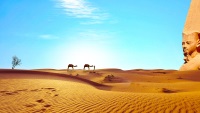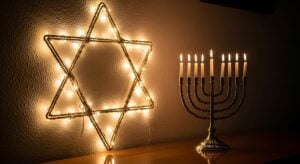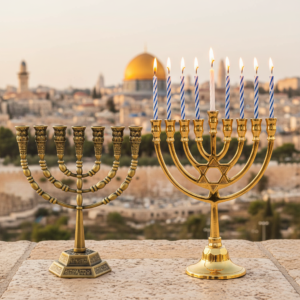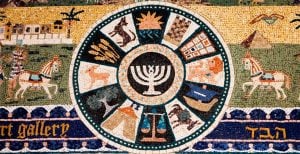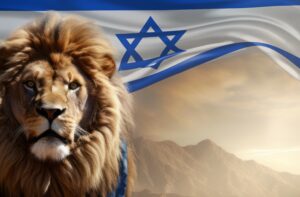Name: Bo
Reading: Exodus 10:1 – 13:16
Haftarah: Jeremiah 46:13 – 46:28
Parsha Summary – Bo
Locusts
God tells Moses to go to Pharaoh and warn him of the impending plague of locusts. Moses tells Pharaoh that the locusts will cover the face of the earth and consume everything left by the fiery hail and fill every house. Pharaoh’s servants tell the king to release the Israelites as Egypt is already destroyed. Pharaoh says that the men may leave, so God brings the locusts. They cover Egypt and Pharaoh tells Moses that if he gets rid of the locusts, they may leave. A wind blows the locusts away, but Pharaoh’s heart hardens, and he does not let them go.
Darkness
Moses brings a thick darkness over Egypt. It is so stifling that the Egyptians cannot move. Pharaoh says that they may leave if their cattle remains in Egypt, but Moses insists that the livestock must leave with the people. Pharaoh’s heart hardens again and he refuses to free the Israelites.
Death of the Firstborn
God tells Moses that He will bring one final plague against the Egyptians, following which Pharaoh will free the Israelites. Moses tells Pharaoh that at midnight, God will go through Egypt and every firstborn person and animal will die, and sorrow will tear through the city.
God tells Moses and Aaron that every Israelite household should find an unblemished lamb and slaughter it; and paint their doorframes with the blood and eat the entire sheep by morning. He says that they should be ready to leave, that the blood will be a sign against killing their firstborn, and that future generations will commemorate their freedom with a seven-day holiday and unleavened bread.
Moses and Aaron command the people, and at midnight, God smites Egypt’s firstborns. Pharaoh comes to the brothers and tells them to take their people and possessions and leave. The Israelites go free.
Torah Takeaway
Commentators – unsurprisingly – don’t have the best view of Pharaoh. When all the firstborns die, he runs to Moses and Aaron to hand them their freedom – and even has the audacity to ask them for a blessing. This seems somewhat incongruous after months of refusing to acknowledge the power of the Israelites’ God.
Some sages teach that Pharaoh’s sudden compassion and respect was born not of goodwill or repentance, but something much more human: selfishness, and maybe even fear.
After all, the mighty king had just discovered that he was not above God’s rulings. The Torah is very clear when it specifies that every firstborn died: this would have included Pharaoh’s own firstborn, and Egypt’s future king. Not only had Egypt lost its food supplies, cattle, and infrastructure thanks to these plagues, but now its future ruler – and the continuation of this Pharaoh’s destiny – was gone too.
Moreover, in order to be the ruler, Pharaoh was in all likelihood a firstborn himself. He minimally feared for his country’s future, but selfish self-preservation and a fear that his own death was imminent, led him to free the Israelites and ask for a blessing in the hope that he would be saved.
